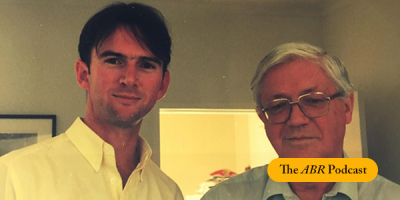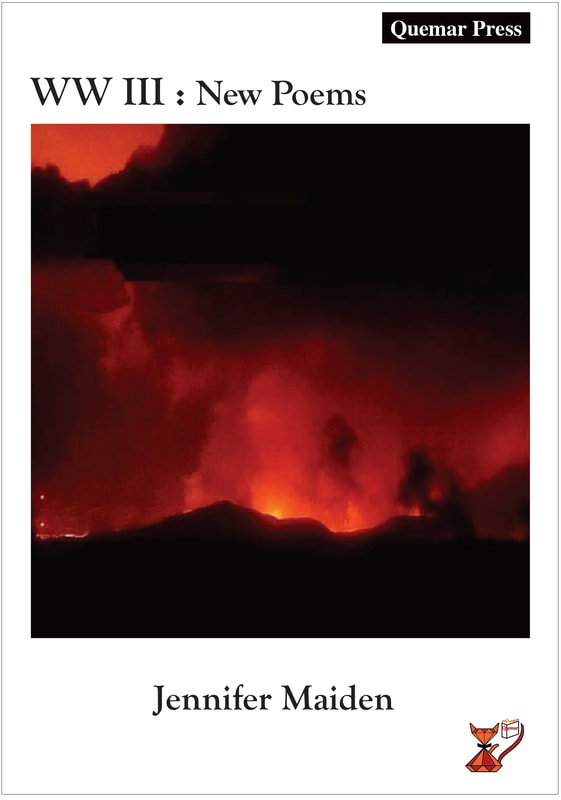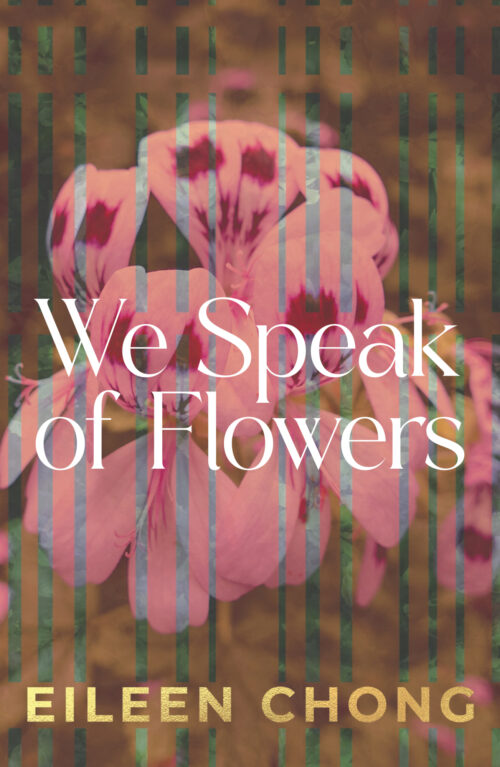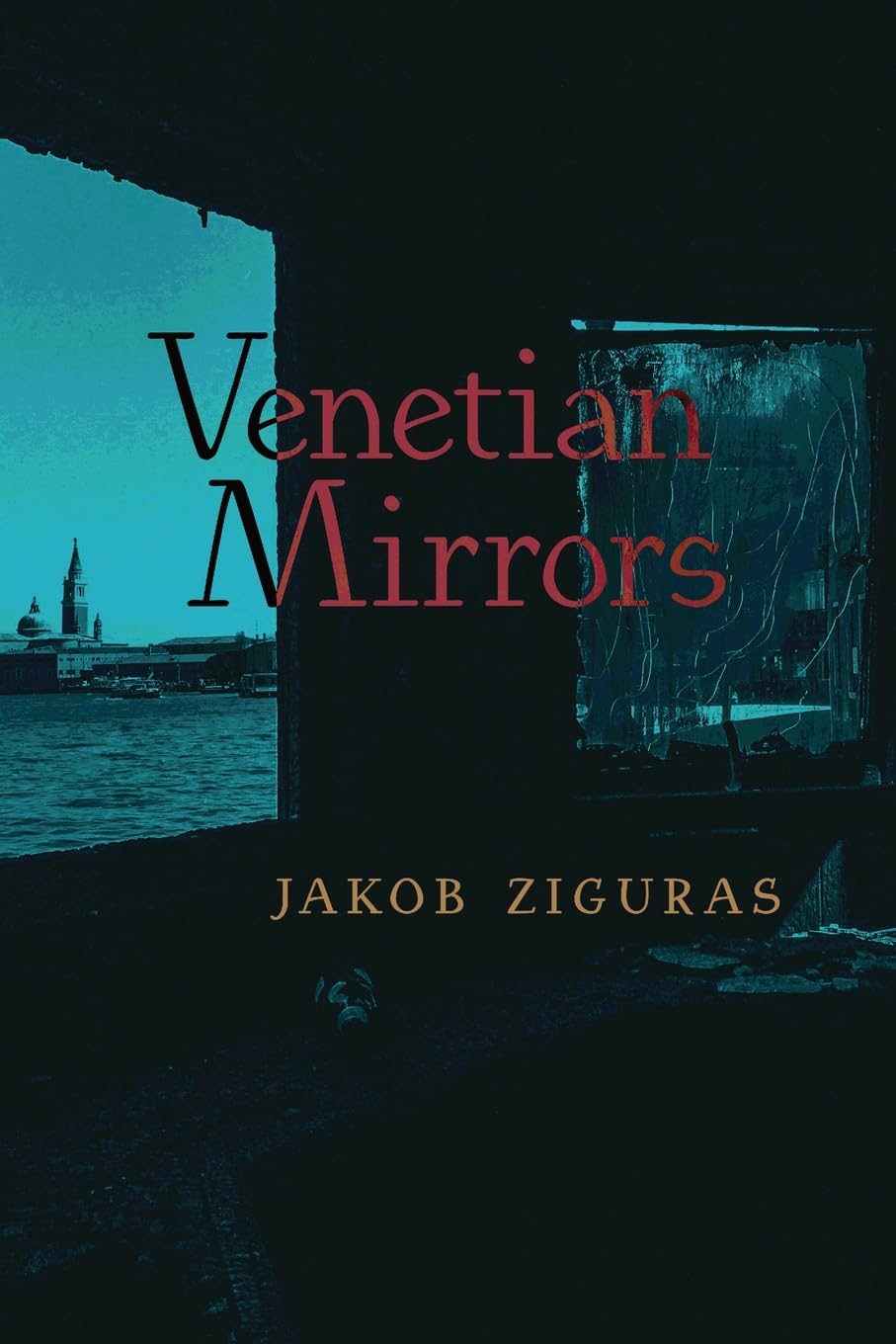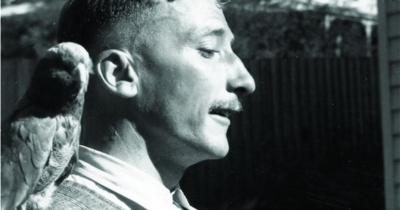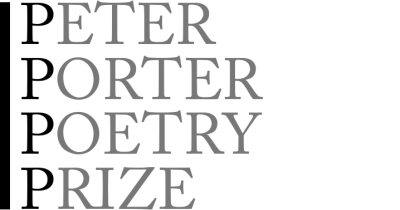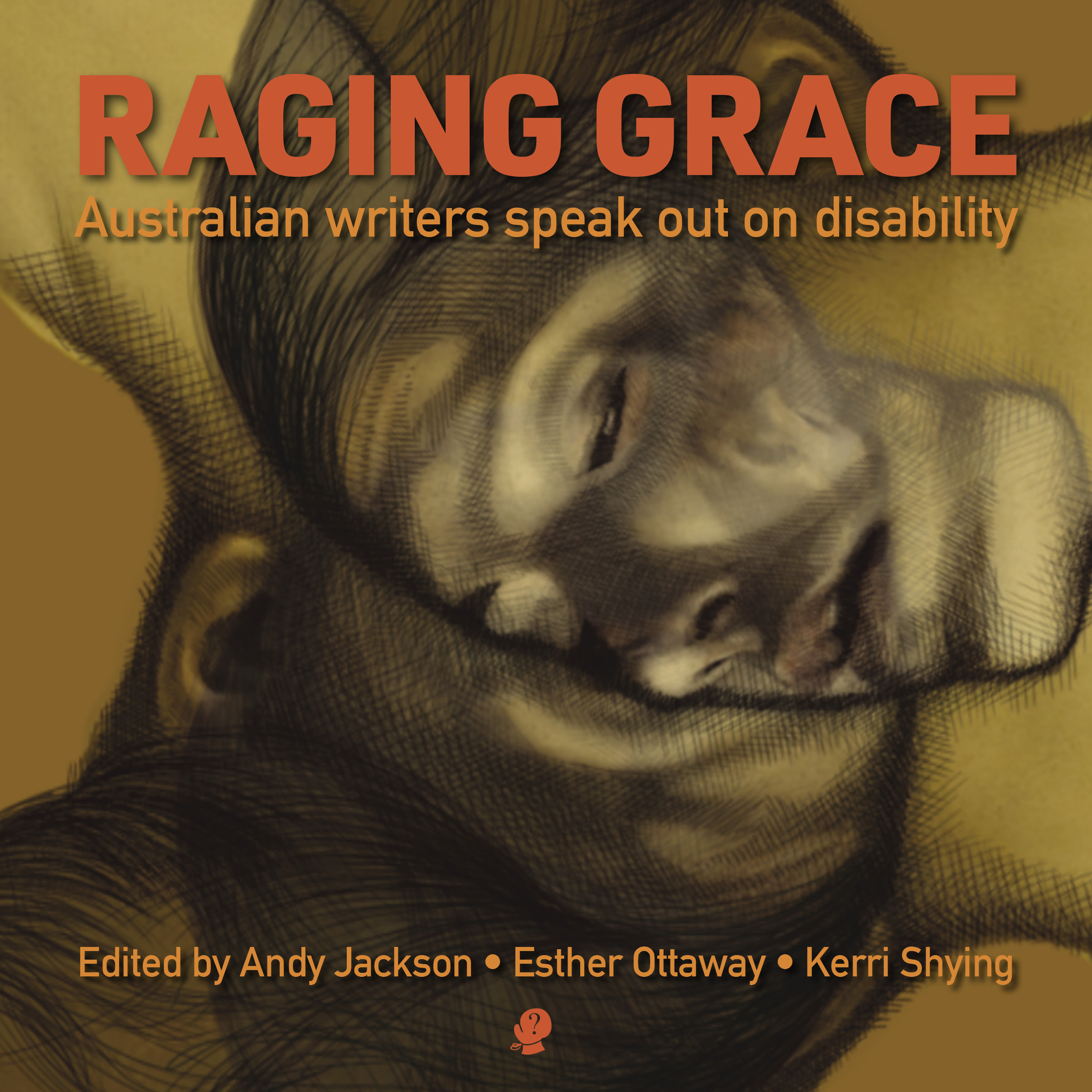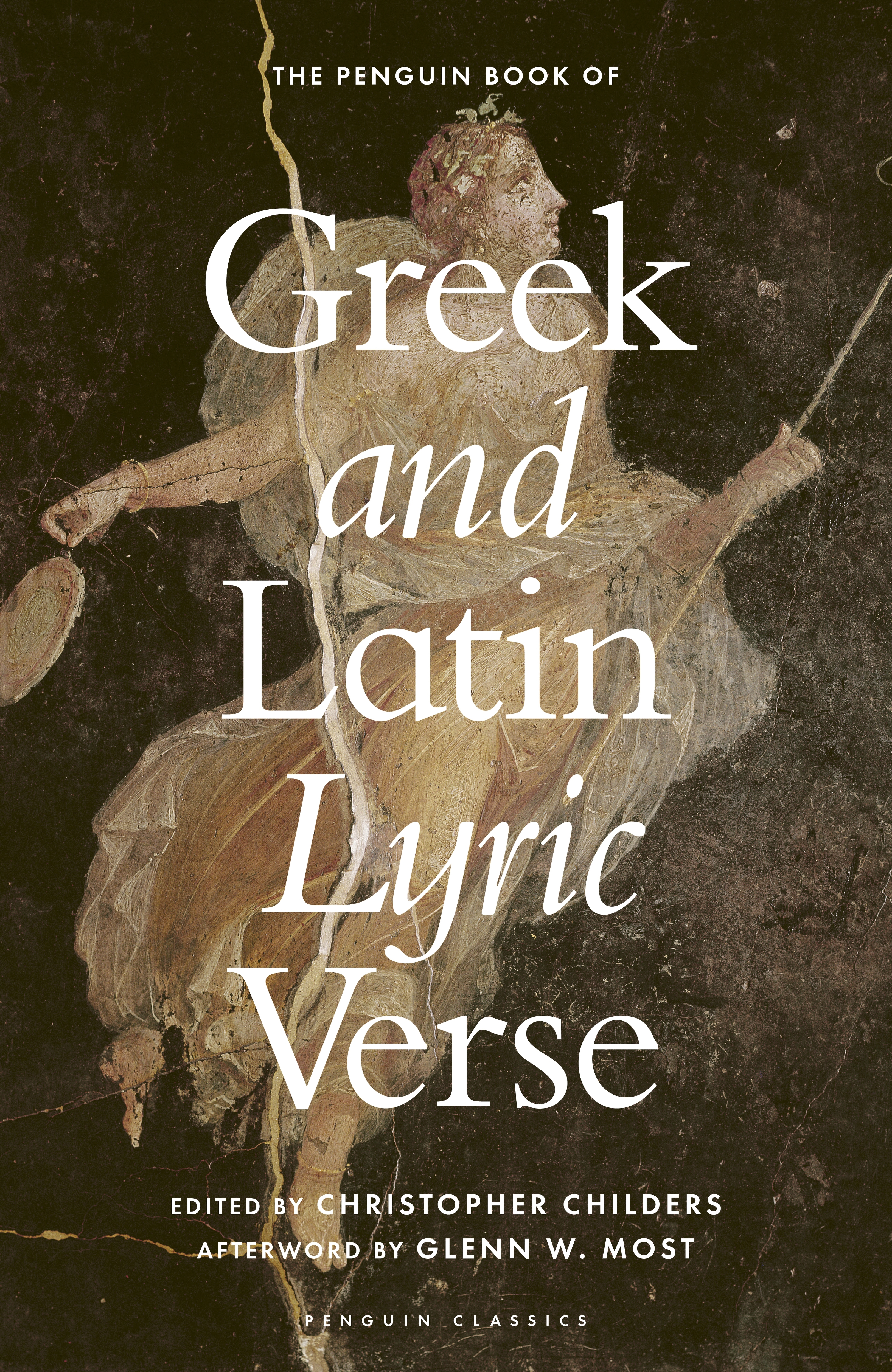Poetry
At the Louvre: Poems by 100 contemporary world poets edited by Antoine Caro, Edwin Frank and Donatien Grau
‘Poetry is a speaking picture,’ said Simonides of Keos, and ‘painting a silent poetry’. From ancient Greece until now, these ‘sister arts’ have been frequently conjoined, though it is most often poetry that speaks to or for painting rather than the reverse. We have come to call this interaction ekphrasis (literally, a ‘speaking out’), usually defined as ‘a verbal description of a work of art’. In Classical times it was a school exercise for developing rhetorical skills, but ever since Homer’s elaborate depiction of the shield of Achilles in the Iliad, it has been co-opted by poets, especially during the last century.
Ben Sando Ode’, the second poem in Ken Bolton’s new collection, Metropole, begins with an epigraph from Ted Berrigan: ‘My dream a drink / with Ira Hayes / we discuss the code of the west.’ The poem is pure Bolton: a jovial flâneur perambulates through both external space – Adelaide, where passers-by make ‘BIZARRE ATTEMPTS / AT NORMALCY’ – and an inner life brimming with peers and heroes, quotations, non sequiturs, art criticism, existential musings, and the hum of a poem being made.
This week on The ABR Podcast, we bring you a special poetry feature. With Peter Rose’s imminent departure from Australian Book Review and the publication this month of his seventh poetry collection, Attention, Please! (Pitt Street Poetry), 18 poets and critics read from Peter Rose’s extensive body of work, dating back to 1990. Readers include Sarah Holland-Batt, Lisa Gorton, Stephen Regan, Morag Fraser, John Hawke, and Peter Rose himself, who reads a poem inspired by his late friend Peter Porter (pictured above).
... (read more)It is worth noting that Jennifer Maiden, along with the present reviewer, seems to be one of the few Australian poets born in the 1940s who is still writing. Each of us has to be careful now (as Peter Goldsworthy wrote long ago) that we are not ‘Carving this same face / out of soap, each morning / slightly less perfectly’.
... (read more)In Li-Young Lee’s ‘Furious Versions’, a poem reckoning with his family’s exile, there is a question: ‘How then, may I / speak of flowers / here, where / a world of forms convulses.’ Eileen Chong draws these lines into her sixth book of poetry as an epigraph, reorienting them to find her title, expanding Lee’s first-person singular into the plural ‘we’, its question into statement. This drawing-into-connection and shifting is central to Chong’s poetics, established in her striking début collection, Burning Rice (2011), which includes an image linking women, flowers, and power. ‘The Flower of Forgetting’ ends: ‘Women can be strong. Flowers too.’
... (read more)Jakob Ziguras – widely published in Australian literary magazines and the recipient of prestigious poetry prizes – was born in Poland and came to Australia as a child with his parents in 1984. He studied fine arts before completing a doctorate in philosophy, which he teaches (he is also a translator). Much of this background is in evidence in his poetry. In recent years he has lived in his birthplace, Wrocław, Poland, translating contemporary Polish poets while working on his third book of poems, Venetian Mirrors.
... (read more)February 8 will mark the centenary of the birth of Francis Webb (1925-73). Many will ask ‘Francis who?’ as I did at the start of my PhD on Christian mysticism in Australian poetry, when Petra White told me, ‘You have to read Francis Webb.’ I soon found myself reading the 1969 edition of Webb’s Collected Poems in a Richmond café. It was a sturdy, well-thumbed Angus & Robertson hardback with a purple, pink, and white cover bearing a quote from British poet and critic Sir Herbert Read: ‘A poet whose power, maturity and universality are immediately evident.’ In his five-page preface, Read examined Webb’s debts to Robert Browning, Gerard Manley Hopkins, and Kenneth Slessor, before concluding:
... (read more)Read the five shortlisted poems for ABR’s 2025 Peter Porter Poetry Prize.
... (read more)Raging Grace: Australian writers speak out on disability edited by Andy Jackson, Esther Ottaway, and Kerry Shying
In a 2010 interview, Tobin Siebers, the author of Disability Theory and Disability Aesthetics, argued that ‘[d]isability still seems to be the last frontier of justifiable human inferiority’. At the same time, he suggested, the evolution and success of modern art owed much to ‘its embrace of disability as a distinct version of the beautiful’: ‘No object has a greater capacity to be accepted at the present moment as an aesthetic representation than the disabled body.’ A central problem for Siebers was the disconnect between ‘two cultures of beauty’. Could the ‘aesthetic culture’ that celebrated disability influence the dominant ‘commercial culture’ that stigmatised it?
... (read more)The Penguin Book of Greek and Latin Lyric Verse edited by Christopher Childers
In this impressive, 1,000-page volume, Christopher Childers has collected almost all that remains of the highly prized verses that were written in Greek and Latin to accompany performance on the lyre. This collection of ‘lyric verse’ provides a roll-call of the greatest poetic voices to emerge in antiquity. Some names, such as Sappho, are still familiar to many today. For others, such as Ibycus, their star has unjustly fallen and the fragments that survive tantalise us with their potential.
... (read more)



